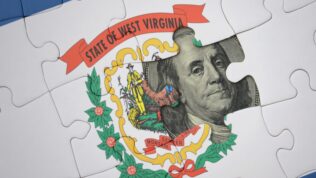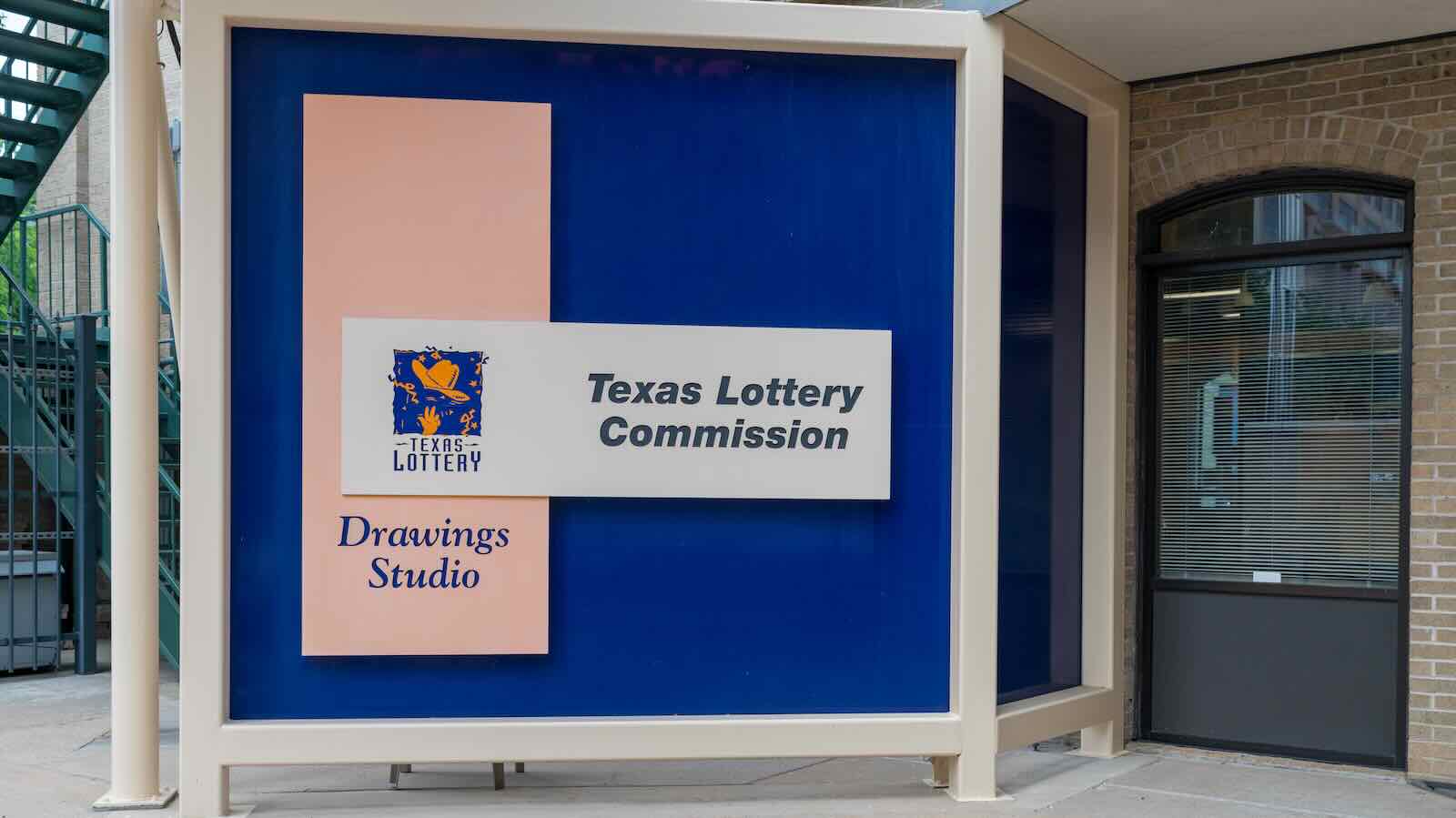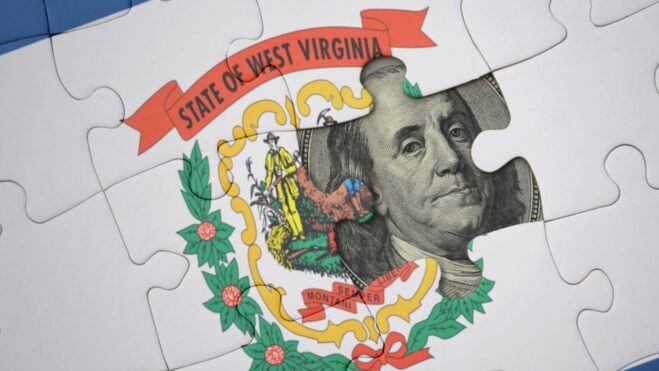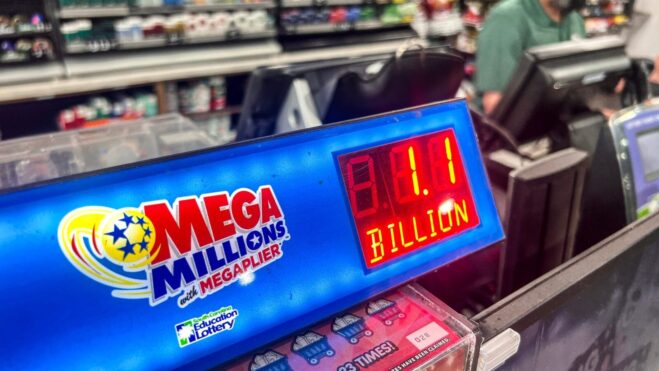Online Sports Betting Will Be The Ruin Of State Lotteries: Fact Or Fiction?
A study by the Universities of Alabama and Nevada suggests that online sports betting revenue is positively associated with lottery revenue.
3 min
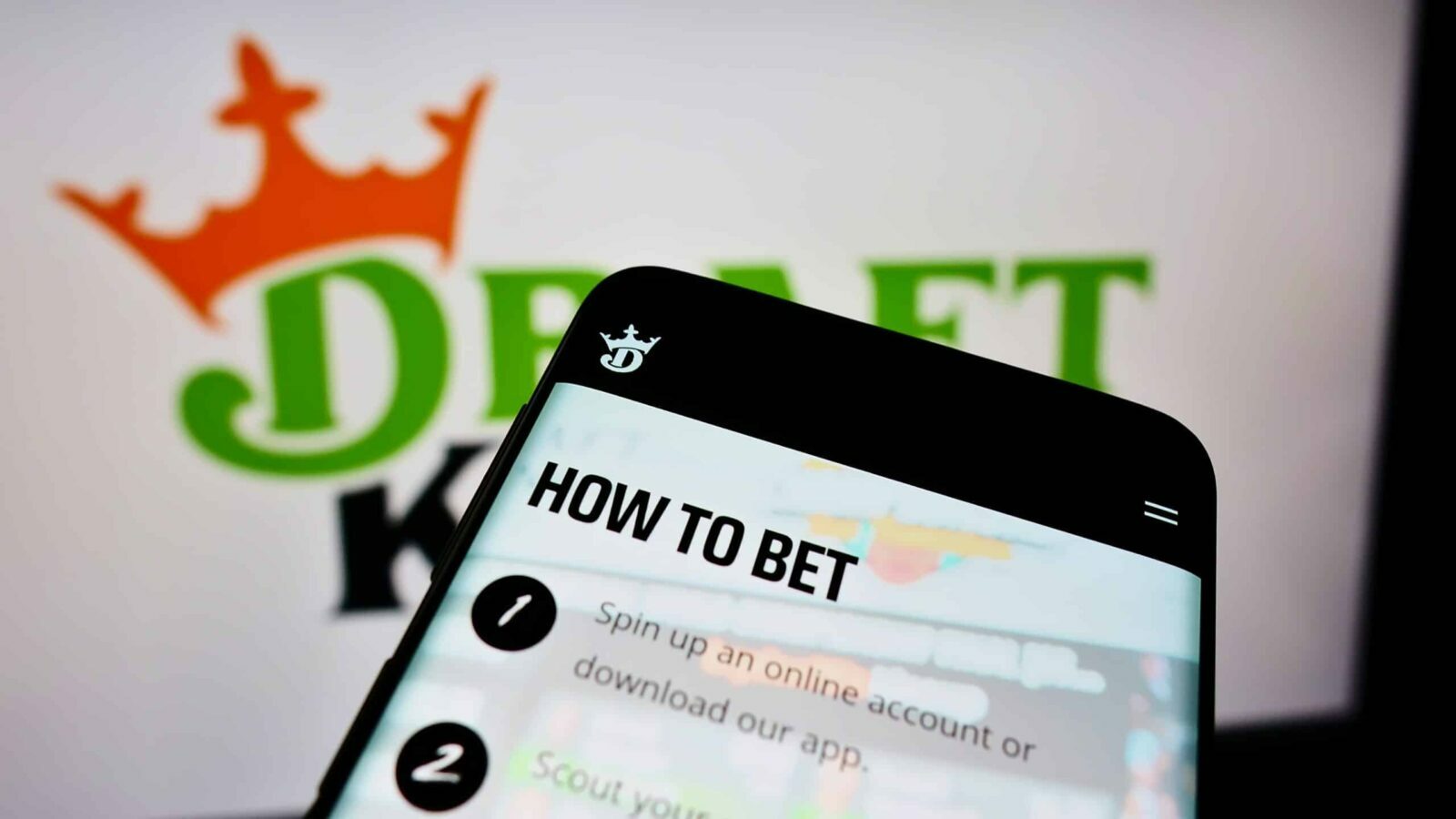
While lottery commissions throughout the U.S. brace for what they assume will be an attack on their bottom lines as a result of the exploding popularity of online sports gambling, the question must be asked: Are their fears justified? Or is there something else at play?
Leading the call for action is Massachusetts Lottery Director Mark William Bracken, who, for the second year in a row, used a March lottery commissioners’ meeting to sound the alarm against maintaining the status quo in the face of increasing online sports gambling. He pointed to the 6.8% reduction in lottery sales his state recorded from February 2023 to February 2024, and noted the lottery’s year-to-date net profit of $777.9 million was $28.4 million less than the same period last year.
But is Bracken’s logic sound? Is online sports betting cutting into lottery sales?
A study conducted by the Universities of Alabama and Nevada suggests that online sports betting revenue is positively associated with lottery revenue. “The Effects of Sports Betting on Casino Gambling and Lottery,” published in December 2023, determined that “ … each dollar of online sports betting is associated with a $0.21 ($0.26) increase in lottery revenue on average.” (The two different figures reflect data without and with the March 2020-April 2021 peak COVID period included.)
Critical Mass
If this study is accurate and online sports gambling is actually a boon to lottery sales, what would account for Massachusetts’ sluggish sales?
“The Massachusetts Lottery story sounds like an excuse for other problems with their scratch-offs,” said Gene Johnson, executive vice president of Victor-Strategies, a gaming industry consulting firm.
“If you look at Ohio, their scratch sales have increased substantially since the legalization of sports betting. Kentucky also grew lottery sales through the introduction of OSB with their highest growth area being iLottery — something Massachusetts does not have.”
Bracken’s contention that online sports betting is a serious threat to lotteries is based on the simple thesis that consumers will not get out and go to a store to buy a lottery ticket when they can place bets from their phone.
“As we’ve always said, we’re not anti-sports betting,” he told Mass Live in late March. “But the issue that we’ve talked about many times, is the sports bettors can offer that convenience of being able to play on your phone.
“You have to physically get up, go to a brick-and-mortar [store] in order to play that instant ticket. It makes the selling of the product that much more difficult when you have a more convenient option in front of you,” Bracken said.
Scratching different itches
Bracken’s solution, beyond innovating a slew of differently themed and mostly successful scratch tickets, has been to continue to lobby the state legislature to legalize online lottery. Bills aimed at doing so have been pending in the legislature for more than a decade, though their passage is deemed inevitable by most industry experts.
Still, this theory of convenience assumes an overlap: that sports bettors and lottery players and all gamblers in general are the same people with the same gambling habits.
This is called into question by a study conducted in Italy that compared the motivations for gambling and the emotions felt while gambling in three different subgroups: scratch-card gamblers, slot‐machine gamblers, and casino gamblers. The study’s authors found that different games seem connected to different motivations and emotions.
Reggie Roman, a project manager at a software company in California, buys lottery tickets at stores (iLottery is prohibited in California) and does some sports betting online, mostly during football season. He said the two activities aren’t related for him. He heads to a brick-and-mortar building to play the lottery regardless of how much sports wagering he’s doing.
“I still buy my three numbers forever, because I feel it’s my fate to stop playing and they come in,” he said, echoing the thoughts of many long-time lottery players. “It’s superstition at this point. A constant.”
‘not seen any research that shows cannibalization’
In other words, wagering is not a one-size-fits-all activity.
Johnson agrees.
“Our proprietary customer research generally shows that these appear to be two completely different activities even where demographics overlap,” he said, noting that “there is a lot of noise” interfering with the hard data. “The broad popularity of lottery play assures that many players are also sports fans, but so far I have not seen any research that shows cannibalization between sports betting and lottery.”
Johnson said, however, that he understands why there would be concern over different verticals cutting into the “gaming spend” for other verticals, especially when sports betting offers superior odds compared to lottery products.
He thinks the answer for lotteries is clear: “I think that if state lotteries wish to remain competitive then they need to take their games online so that people can play, bet, or scratch on their mobile devices.”
There’s only so much gaming dollar out there, so you can’t blame the state lotteries for doing everything they can to tilt the playing field in their favor — even if some of their assumptions are off base.


